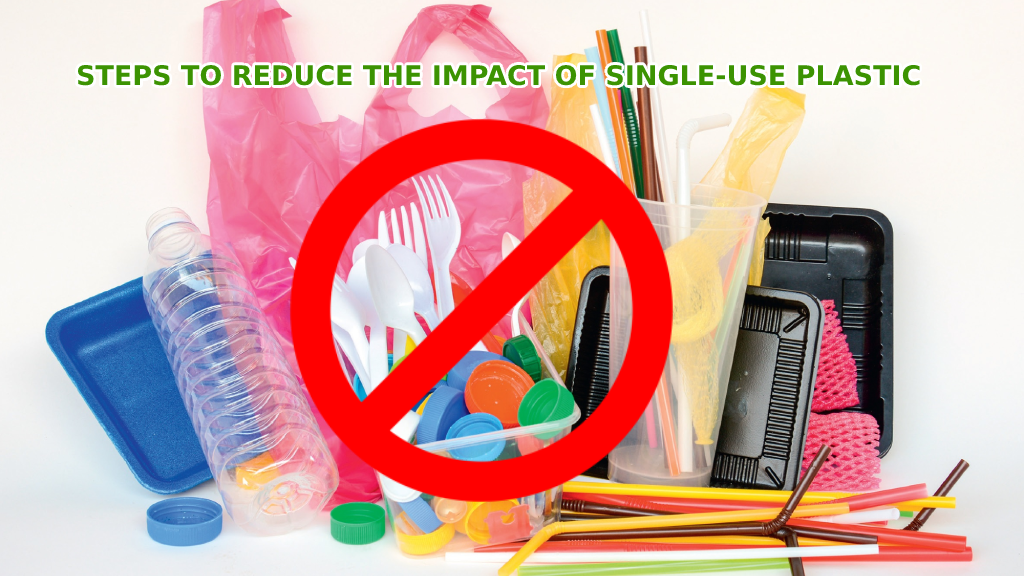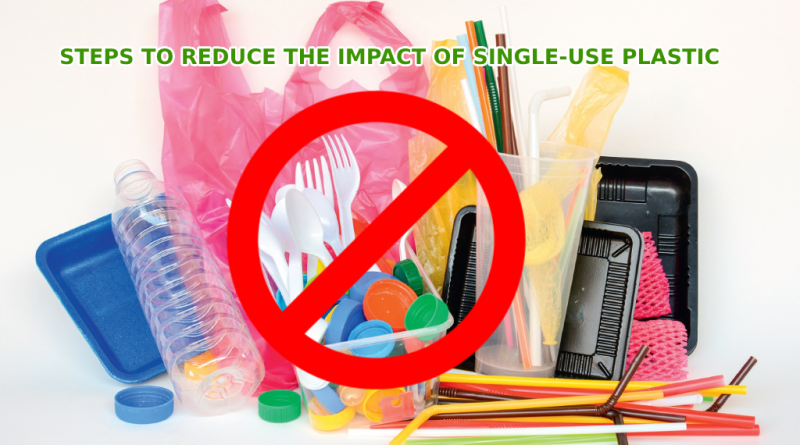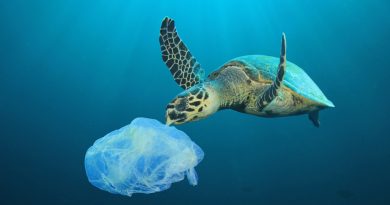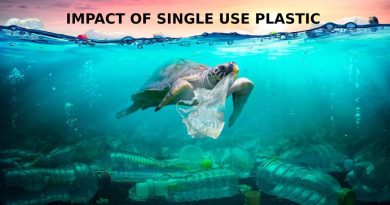Steps to Reduce the impact of single-use plastic

Welcome back, amnotplastic.com visitors and viewers. In this blog, we are going to see the ways we can reduce the usage of single-use plastic or disposable items. Whenever we try to reduce single use plastic it is important to keep in mind “sustainability”. The ability to maintain over time the practice of using eco-friendly products that constitute a green environment and saving the ecosystem. Sustainability here refers to what we are going to leave for our future generations. What are the necessary steps that we are going to take forward to save the earth to make it “fit for surviving”?
Reducing plastic – the thought process of it should come from the mind. The mindset will develop into a habit. The value of single-use plastic has only 10 to 15 minutes but it takes nearly 500 years to degrade or disappear.
That The following are the ways:
- Avoid single-use plastic items like straws, coffee stirrers, pet bottles, tetra packed items. The demand makes the manufacturer produce the goods. What if we demand eco-friendly products? It is in the hands of the customer or consumer to give a place in the market for the product. There are more steel straws are available in the market. You can carry a reusable spoon like steel spoons, for stirring coffee or tea.
- Take a cotton bag for shopping. There are many fancy and reusable bags available in the market like jute bags, and cotton bags. Instead of going to the supermarket where all the vegetables and fruits are wrapped with single use plastic, approach the farmer’s market.
- Try out natural or organic chewing gum. You have got to know a piece of shocking news even chewing gum has plastic in it.
- Whenever you go trekking or traveling consider taking reusable water bottles like wooden, bamboo, or steel water bottle instead of buying plastic water bottles.
- Take cutlery with you. It is essential to carry a spoon/fork with us while dining out or whenever we feel like munching something in fast food shops.
- Buy wooden or steel pegs for hanging out the washed clothes or drain them out instead of buying plastic.
- Think before you throw. Segregate your waste into wet waste, dry waste, and non-degradable waste like plastic. Keep each bin for waste separately and follow the standards.
- Buy natural or organic cosmetics containing only natural and chemical-free ingredients. Cosmetics do contain micro-plastic so do consider buying natural cosmetics.
- Before ordering food on online delivery websites, do press the “don’t send cutlery” option as that would reduce millions of single-use cutleries.
- Avoid buying clothes that contain plastic like nylon, synthetic, polyester, or acrylic.
- There are many ways to compost food waste using microbes or sericulture and many more. When you are interested in a terrace garden, composting food waste in a proper way gives you natural fertilizer.




